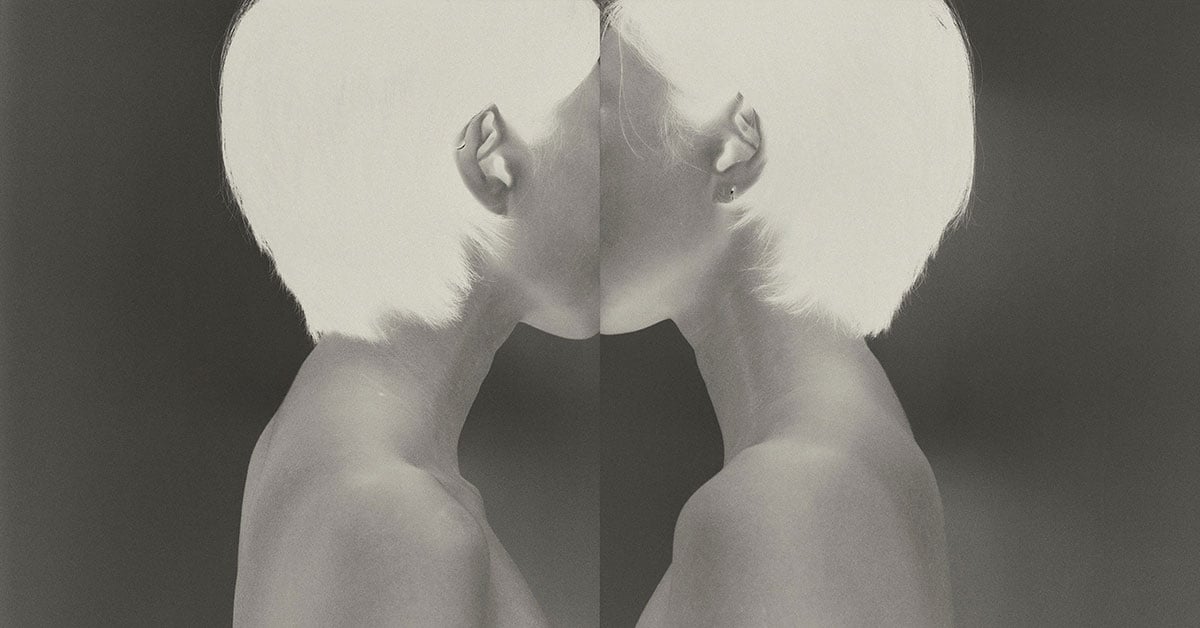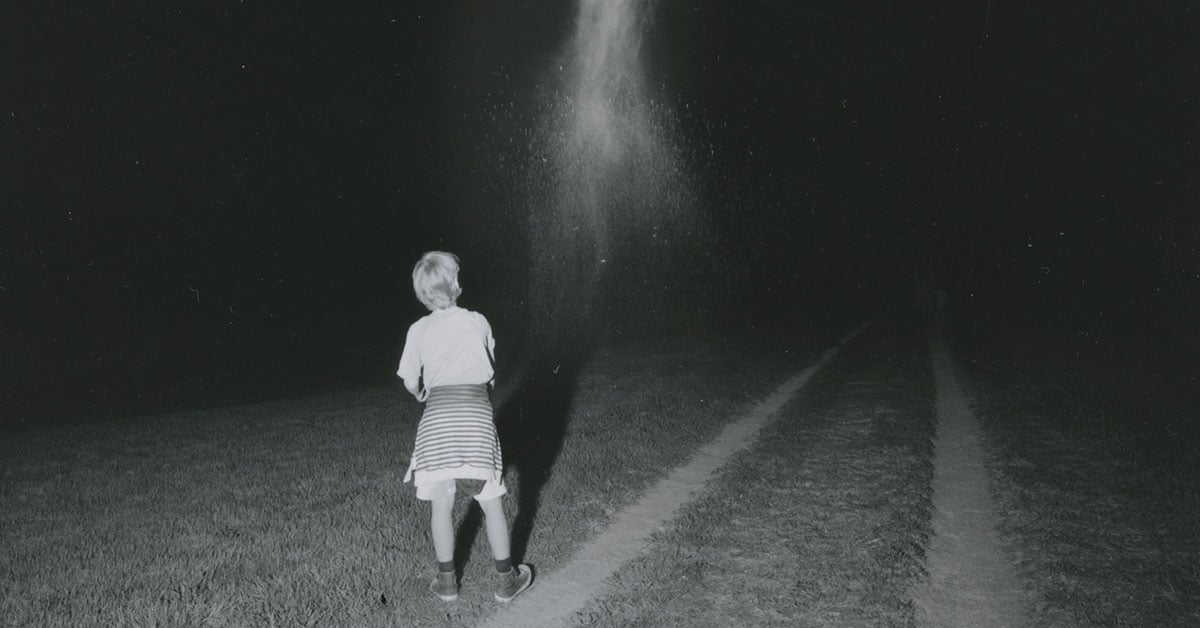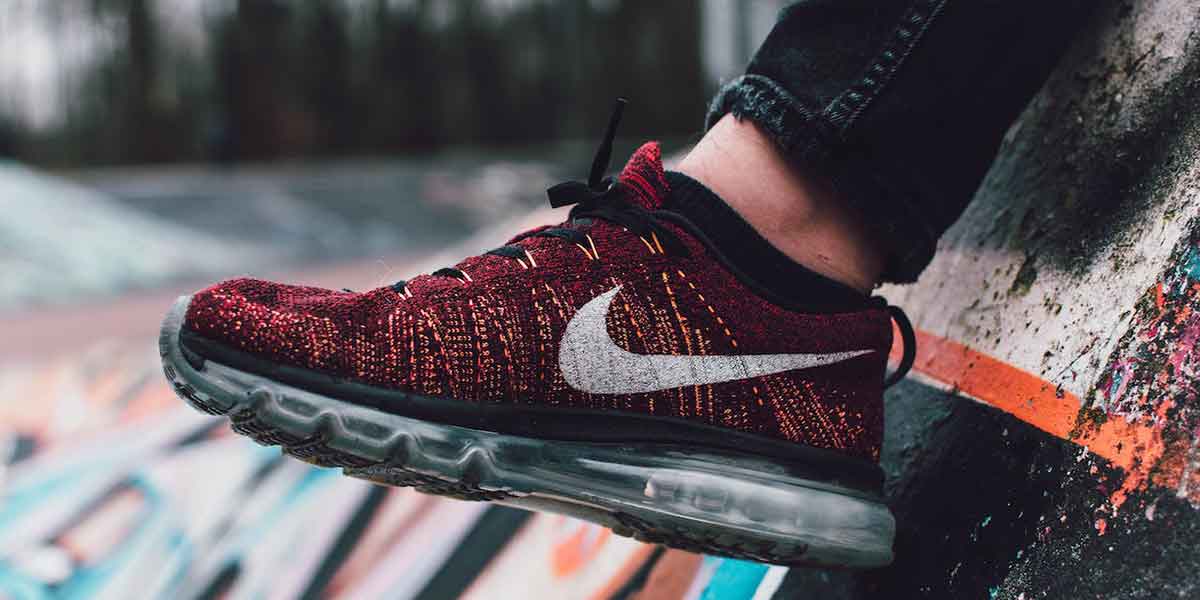Read the transcript below for the video recording of the Falmouth Flexible Photography Virtual Q&A in November 2022.
[[MUSIC PLAYING] - We started during the COVID time, when we couldn't meet. But otherwise, they have a policy to meet each other two or three times a year during a big conference or a big meeting, like Paris Photo or Unseen in Amsterdam.
- Yeah. All my work is outside. It's in the field. So I've got no need for a studio, notwithstanding the fantastic facilities that Falmouth has. But I'd echo what Hilde just said, actually.
Firstly, there are opportunities to physically meet up at symposiums down in Falmouth. And also, I went on a trip in 2019 with probably about 30 or 40 of us on the course to Arles for a few days. And that was good not only to see the work, but also just to network and exchange ideas.
But I have to say, throughout the course, or throughout the first four modules-- the first four taught modules in particular-- there was a very strong exchange of ideas in meetings, formally, organized through the course, and informally, as well. And even now, I mean, although we graduated in July, we actually finished our MA right at the end of-- let's get this right now-- right at the end of 2020, almost two years ago.
And since then, there's a small group of us that are still-- from our cohort-- that's still very much in touch through WhatsApp groups. And we also meet up from time to time as well.
[MUSIC PLAYING]
So you've to be very organized. You've got to be very disciplined, as Hilde said just then. I don't know how it works now, but everything was being released at the end of-- on a Friday, for the following week. So you really had to be very, very disciplined, very organized with your diary.
But actually, I love reading-- the academic reading and reading around the subjects. That's something that interests me. We had to-- I don't think you'd have to do this anymore-- but we had to do a blog, a critical research journal. So that forced us to actually write about what we were learning about and so on and so forth, and also how we were developing our own ideas.
And it was all about organization and discipline. If your passion is there to do it, you can get so much out of this course. But it's not something that you can undertake lightly and think, well, I'll give it a few hours a week. It takes a lot more than that to really get the most out of it.
[MUSIC PLAYING]
- I really was searching for the boundaries of photography. And I think it's a trend also. Because when I grew up, we had the analog photography. Then the digital came. And now a lot of people are researching beyond the flat image-- as my work becomes 3D and I did some experiments with augmented reality and with movements and with camera-less photography. And at the moment, the course is going also into sustainability. So they are the trends. And that's what I went through as well.
- What I really benefited from was an understanding of current practitioners who are relevant to the sort of work that I was doing. And that was a big gap in my knowledge. I kind of knew a few people, but I just got pointed in so many directions of my tutors, and also fellow students as well, of have you seen this person's work, have you seen that person's work? And that made me a better informed person-- I guess, student-- as I started to think about how I wanted my work to look itself. So that was a big, big benefit.
I have to say, some of the tutors-- not some-- all of the tutors on the course just seemed to have such a depth of knowledge of photographers and practitioners, and actually in many cases know them. And so then the ability for me to actually make contact with some of these photographers directly through Insta and what have you, through their websites, was really very, very helpful, indeed.
[MUSIC PLAYING]
- Three of the modules are with other cohorts. So people who are before or started after you. So you're meeting a lot of people. And all the photo festivals have online reviews to go to. And as Nick says, it doesn't stop. He has his book published. It's really cool. And everything comes from there.
So yeah, go to the weekly meetings. And also, we didn't touch on that-- there are also guest speakers almost every week during the modules. So that's also very cool. And they are recorded. Everybody is recorded. So you can meet [INAUDIBLE] it, see it, listen to it. So that's very cool as well.
- I think the fact that it's flexible, it's part-time over two years, so it gives you breathing space. And of course, there are the holiday gaps as well.
My best advice is, if you really want to do it, do it because it's a really exceptionally taught class. And the friendships you make around it are very important, and the networking and the contacts. And it also gives you an awesome-- if you're a member of the RPS, you automatically, through exemption, become an associate. I've now since become a fellow. So it really gives you even further credibility and credentials in the photography world.
[MUSIC PLAYING]
Visit the MA Photography course page
Latest resources
Short photobooks: Why they are flourishing
In this month’s blog post we look at more modest photobooks - books that are modest in size, expense, or the time the ...
Wouter Van de Voorde: Living on the Edge
In this post, we look at a book that focuses on those in-between places, the fringes where town becomes country. In this example that country is ...
Most influential logos of all time
Discover the stories behind iconic logos like McDonald's, Nike, Apple, and Starbucks.
.webp)



